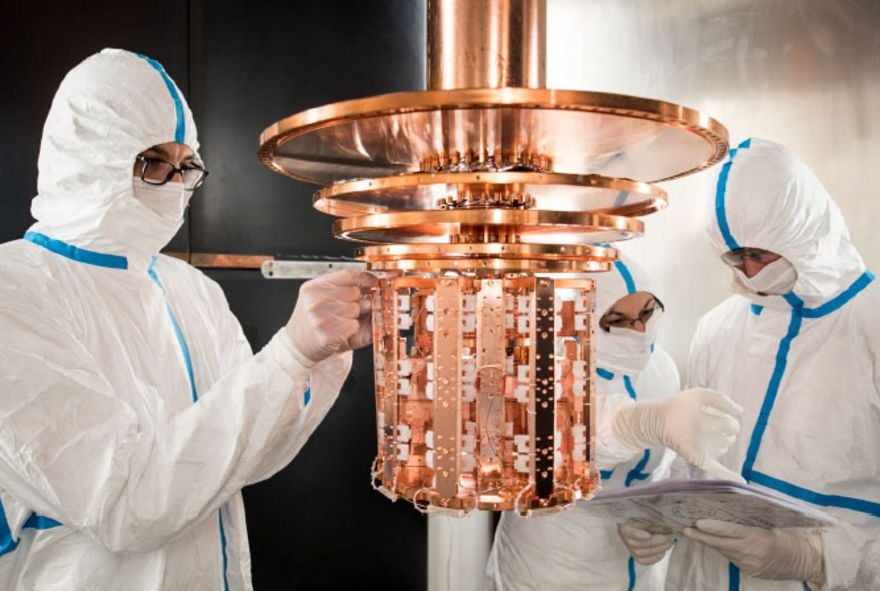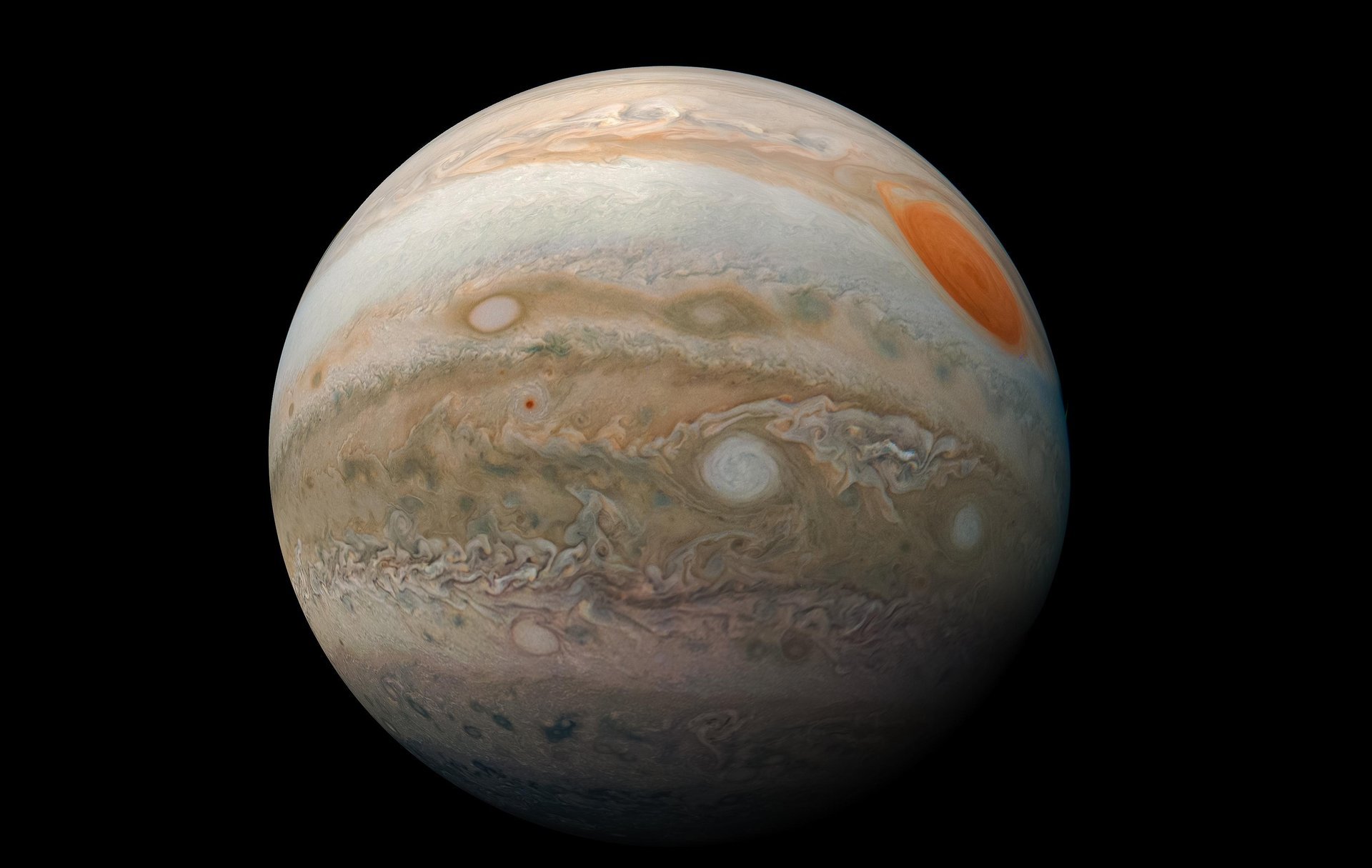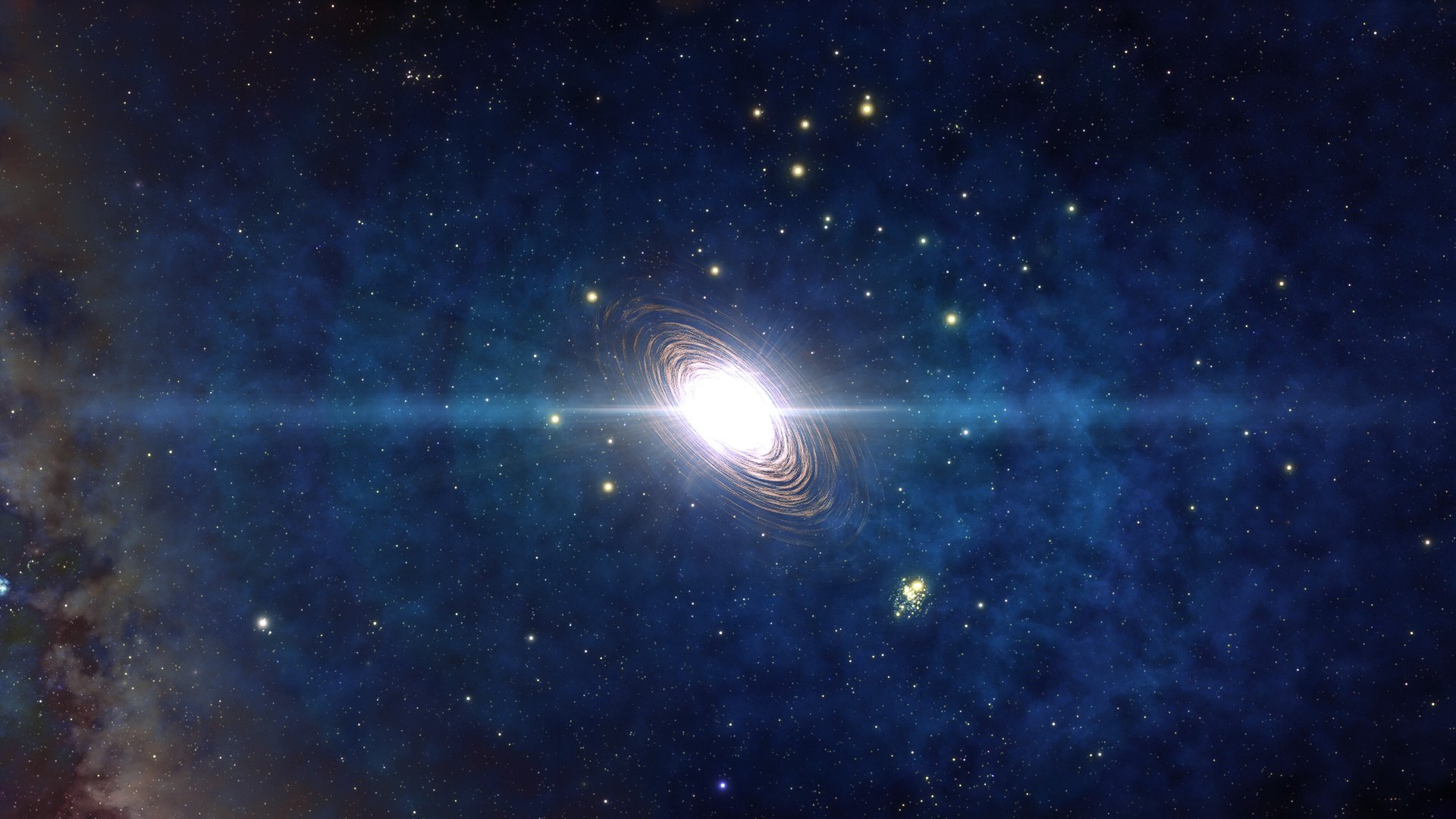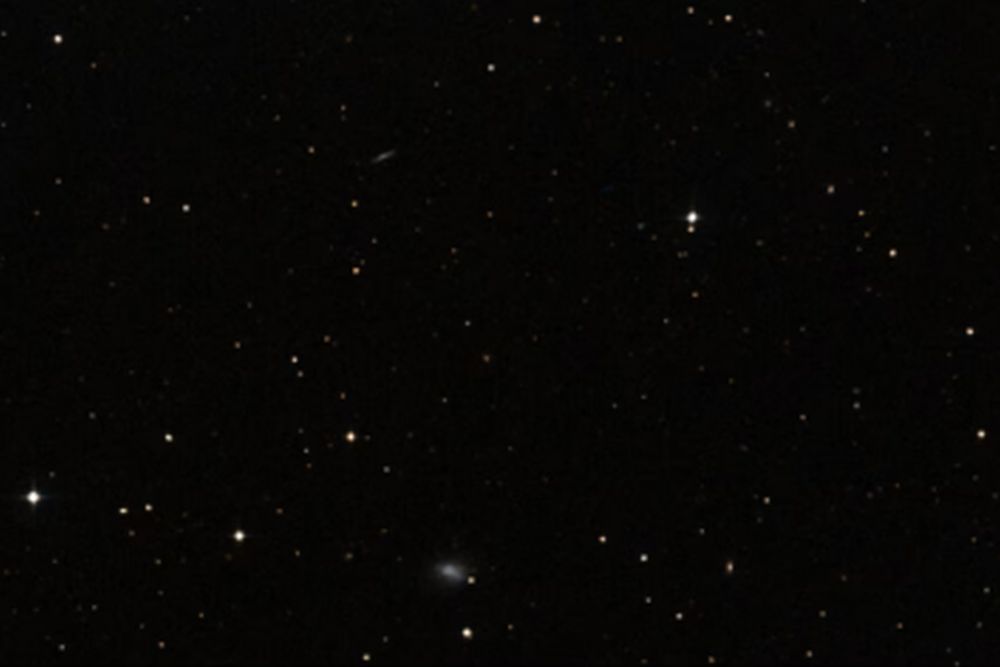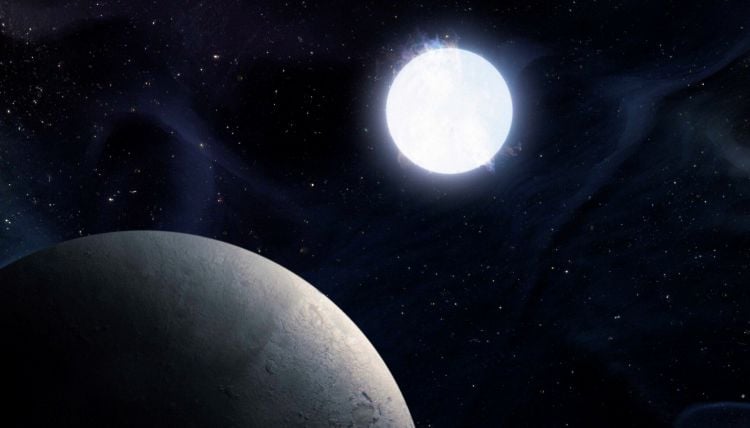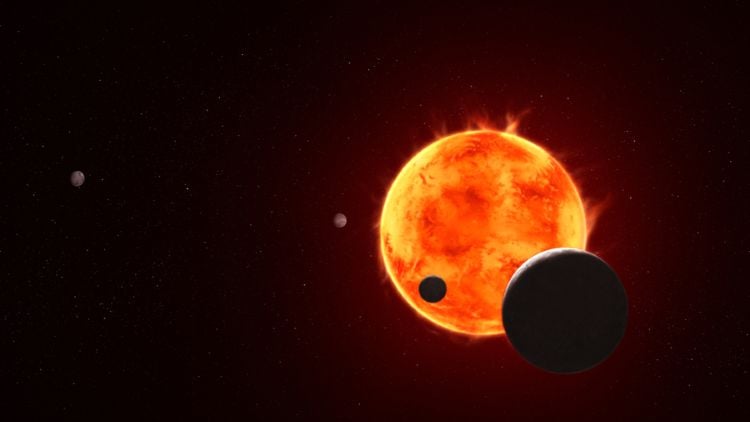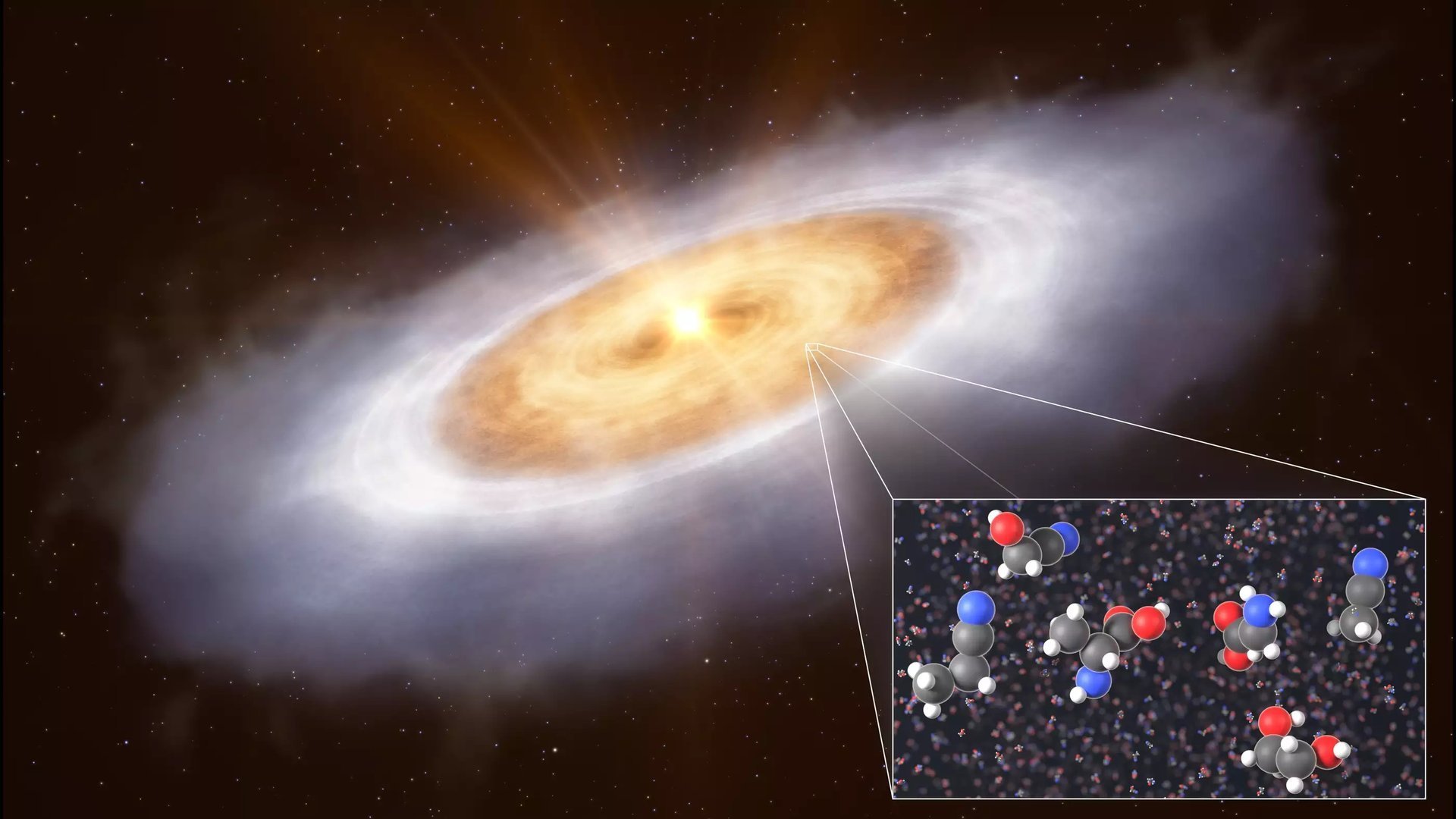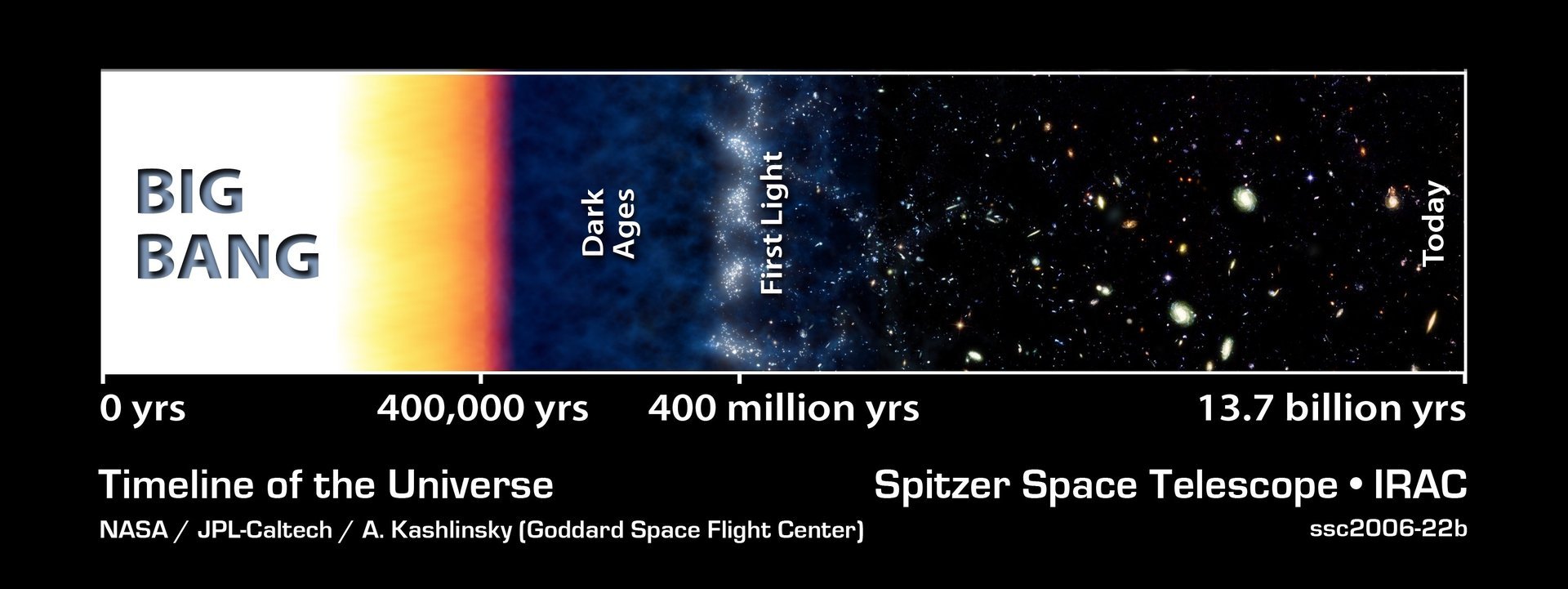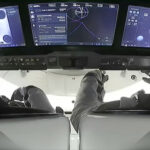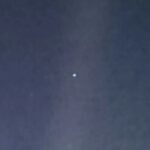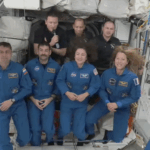What if I told you that while you can’t see dark matter, maybe you can hear it?
Universe Today32- Page
The gas giant’s early growth carved rings in the protoplanetary disk that surrounded our Sun billions of years ago. This process set the architecture for the inner Solar System and
New research from Tel Aviv University reveals that the first stars in the Universe formed in binary systems. These stars played a vital role in the evolution of early galaxies,
A tiny dim satellite galaxy of the Milky Way doesn’t have enough stars to hold itself together. Its properties suggest that its dark matter halo is holding it together, but
Can water-rich exoplanets survive orbiting white dwarf stars, the latter of which are remnants of Sun-like stars? This is what a recent study accepted to The Astrophysical Journal hopes to
A team of scientists has released a new survey mapping massive galaxy clusters, some of the largest structures in the universe, to test whether our fundamental understanding of the laws
Astronomers have created the first large scale map of dark molecular gas in the Milky Way, revealing vast networks of invisible star forming material that have so far have remained
Could scientists find life in the clouds of exoplanet atmospheres? This is what a recently submitted manuscript hopes to address as a team of researchers investigated how the biosignatures of
A team led by a University of Maryland astronomer detected large complex organic molecules in ices outside of the Milky Way for the first time, offering a glimpse into the
We cannot see directly beyond the cosmic microwave background, which means we can’t directly observe the first 380,000 years of the Universe. But there are indirect ways we might observe
-
 01Two Black Holes Observed Circling Each Other for the First Time
01Two Black Holes Observed Circling Each Other for the First Time -
 02From Polymerization-Enabled Folding and Assembly to Chemical Evolution: Key Processes for Emergence of Functional Polymers in the Origin of Life
02From Polymerization-Enabled Folding and Assembly to Chemical Evolution: Key Processes for Emergence of Functional Polymers in the Origin of Life -
 03Φsat-2 begins science phase for AI Earth images
03Φsat-2 begins science phase for AI Earth images -
 04Hurricane forecasters are losing 3 key satellites ahead of peak storm season − a meteorologist explains why it matters
04Hurricane forecasters are losing 3 key satellites ahead of peak storm season − a meteorologist explains why it matters -
 05Thermodynamic Constraints On The Citric Acid Cycle And Related Reactions In Ocean World Interiors
05Thermodynamic Constraints On The Citric Acid Cycle And Related Reactions In Ocean World Interiors -
 06Binary star systems are complex astronomical objects − a new AI approach could pin down their properties quickly
06Binary star systems are complex astronomical objects − a new AI approach could pin down their properties quickly -
 07Worlds Next Door: A Candidate Giant Planet Imaged in the Habitable Zone of α Cen A. I. Observations, Orbital and Physical Properties, and Exozodi Upper Limits
07Worlds Next Door: A Candidate Giant Planet Imaged in the Habitable Zone of α Cen A. I. Observations, Orbital and Physical Properties, and Exozodi Upper Limits


